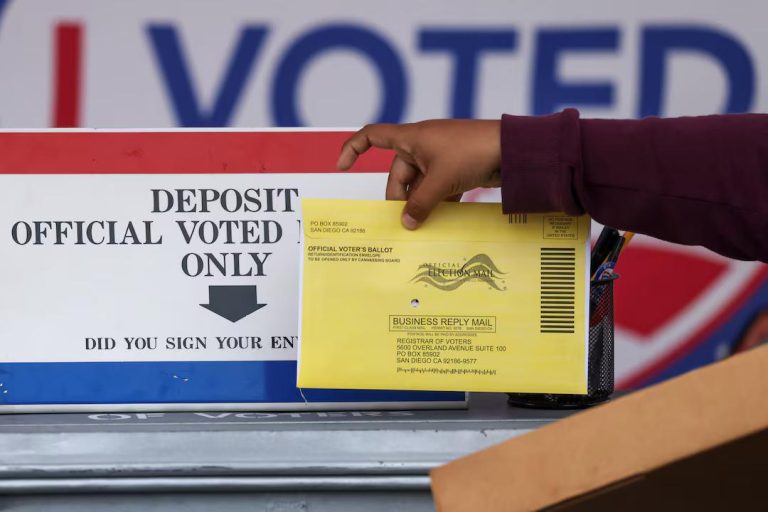
AI, Creators & Tier-2 Cities Power India’s Startup Growth
India’s startup ecosystem has been witnessing exponential growth in recent years, and the latest trends indicate that this momentum is set to continue. A recent report by Meta-A&M reveals some fascinating insights into the strategies and preferences of Indian startups, which are shaping the future of entrepreneurship in the country. The report highlights the crucial role of AI, omnichannel models, Tier-2/3 city expansion, and creator-driven branding in India’s startup growth.
AI Adoption: The New Normal
One of the most significant trends to emerge from the report is the widespread adoption of AI technology by Indian startups. A staggering 70% of the surveyed startups have already incorporated AI into their operations, demonstrating a clear recognition of the technology’s potential to drive innovation, efficiency, and scalability.
The use of AI is not limited to niche applications, such as data analysis or customer service. Instead, Indian startups are leveraging AI to transform various aspects of their businesses, from product development to marketing and sales. For instance, AI-powered chatbots are becoming increasingly popular in the customer service space, enabling startups to offer personalized support to their users.
Omnichannel Models: The Future of Customer Engagement
Another key trend emerging from the report is the growing importance of omnichannel models in Indian startups. An impressive 67% of the surveyed startups have adopted an omnichannel approach, which involves engaging with customers across multiple touchpoints, including social media, messaging apps, email, and in-store experiences.
This shift towards omnichannel models is driven by the need for startups to create seamless, personalized experiences for their customers. By adopting an omnichannel approach, Indian startups can ensure consistency across all customer touchpoints, leading to increased customer satisfaction, loyalty, and ultimately, revenue growth.
Tier-2/3 City Expansion: The Next Frontier
While many Indian startups have traditionally focused on metro cities like Bengaluru, Delhi, and Mumbai, the report reveals that there is a growing trend towards expansion into Tier-2 and Tier-3 cities. An impressive 95% of the surveyed startups have already targeted smaller cities, recognizing the immense potential of these markets.
Tier-2 and Tier-3 cities present a unique set of opportunities and challenges for Indian startups. On the one hand, these cities offer a larger talent pool, lower costs, and a more relaxed regulatory environment. On the other hand, startups must contend with limited infrastructure, lower disposable incomes, and limited awareness about their products and services.
Creator Economy: The New Frontier of Branding
Finally, the report highlights the emergence of the creator economy as a key trend in Indian startups. An impressive 88% of the surveyed startups have partnered with influencers early on, recognizing the power of creator-driven branding in building brand awareness and loyalty.
The creator economy is all about empowering independent creators, artists, and thought leaders to build their own brands and audiences. By partnering with these creators, Indian startups can tap into their existing audiences, increase their social media reach, and build more authentic, word-of-mouth marketing campaigns.
Conclusion
The Meta-A&M report paints a fascinating picture of India’s startup ecosystem, highlighting the crucial role of AI, omnichannel models, Tier-2/3 city expansion, and creator-driven branding in driving growth and innovation. As Indian startups continue to scale and connect with users, they must prioritize these trends to build future-ready brands that are agile, adaptable, and resilient.
Whether it’s leveraging AI to drive efficiency, adopting omnichannel models to create seamless customer experiences, expanding into Tier-2 and Tier-3 cities to tap into new markets, or partnering with creators to build authentic brand narratives, Indian startups are well-positioned to shape the future of entrepreneurship in the country.
Source:






